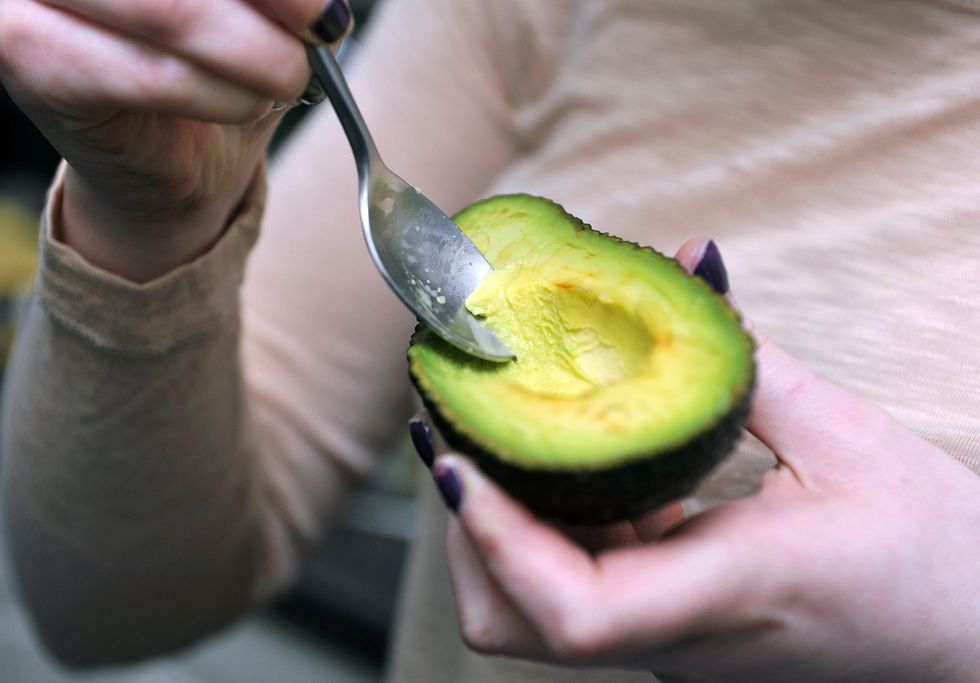Britons should eat four food types to manage their diabetes - including one 'smart choice' that's ideal for everyone
Diabetics can manage their condition by revamping their diet
Don't Miss
Most Read
Trending on GB News
Britons with diabetes can manage their condition by consuming certain foods. Those with type 2 diabetes may be able to treat it by eating well.
Particular ingredients are known to help stabilise insulin and blood sugar levels. Whole grains are a "smart choice" for both those with diabetes and those without.
Non-starchy vegetables, whole grain foods, healthy fats and high protein foods should all be in your kitchen if you struggle with diabetes.
Non-starchy vegetables
Non-starchy vegetables contain a lower proportion of carbohydrates and calories compared to their starchy counterparts. Starchy vegetables are rich in carbs and can raise a person's blood sugar levels.
Do you have a health story you'd like to share? Contact our team by emailing lifestyle@gbnews.uk.

Whole grain bread and cucumber are both great food options for people living with diabetes
GETTY IMAGES
Non-starchy vegetables diabetics might want to incorporate into their diet include carrots, bean sprouts,broccoli, asparagus, cauliflower, cucumber, cabbage, arugula, spinach and lettuce. Chop these up into a fresh salad or a warming stew.
The American Diabetes Association recommends eating at least three to five servings of vegetables every day. One serving is defined as half a cup of cooked vegetables or one cup of uncooked vegetables.
Diabetics can cook their non-starchy veggies in moderate amounts of olive oil to incorporate healthy fats.
Whole grain
People suffering from diabetes should also aim to eat whole grain foods, which are more nutritious than refined or processed grains.
A study published in the National Library of Medicine suggested that greater consumption of whole grain foods was associated with a lower risk of type 2 diabetes.
The experts at Diabetes UK said: "Whole grains are a smart choice, not just for people with diabetes, but for the whole family.
"If you do have diabetes, whole grain foods are usually better for managing blood glucose levels because they tend to have a lower glycaemic index (GI).
"This means they do not affect blood glucose levels as quickly as refined carbohydrate foods. However, since whole grains are also carbohydrate foods, and all carbohydrates affect blood glucose levels, be mindful of your portion sizes."
LATEST DEVELOPMENTS

Avocados are rich in unsaturated fat
PA IMAGES
Healthy fats
Those with diabetes should also stock up on foods filled with healthy fats. Avocado, olive oil, nuts and seeds are all rich in unsaturated fats.
Diabetes UK said: "The main types of fat found in our food are saturated and unsaturated, and most foods will have a combination of these. All of us need to cut down on saturated fat and use unsaturated fats and oils, such as rapeseed or olive oil, as these types are better for your heart."
Unsaturated fats are either monounsaturated or polyunsaturated. Monosaturated fats are present in a higher amount in olive oil, rapeseed oil and avocado. Polyunsaturated fats can be divided into omega-3 and omega-6 fats, with omega-3 found in oily fish such as mackerel, sardines, trout and pilchards, and omega-6 found in sunflower, rapeseed, safflower, corn, groundnut and soya oils.
High protein
Finally, diabetics should be aiming to consume foods containing high levels of protein. The ideal combination should be high protein and low saturated fat, so stock up on chicken and turkey (without the skin), beans such as lima, kidney, and black beans, lentils, nuts and seeds, soy beans and tofu and low fat dairy products such as low fat Greek yogurt.









